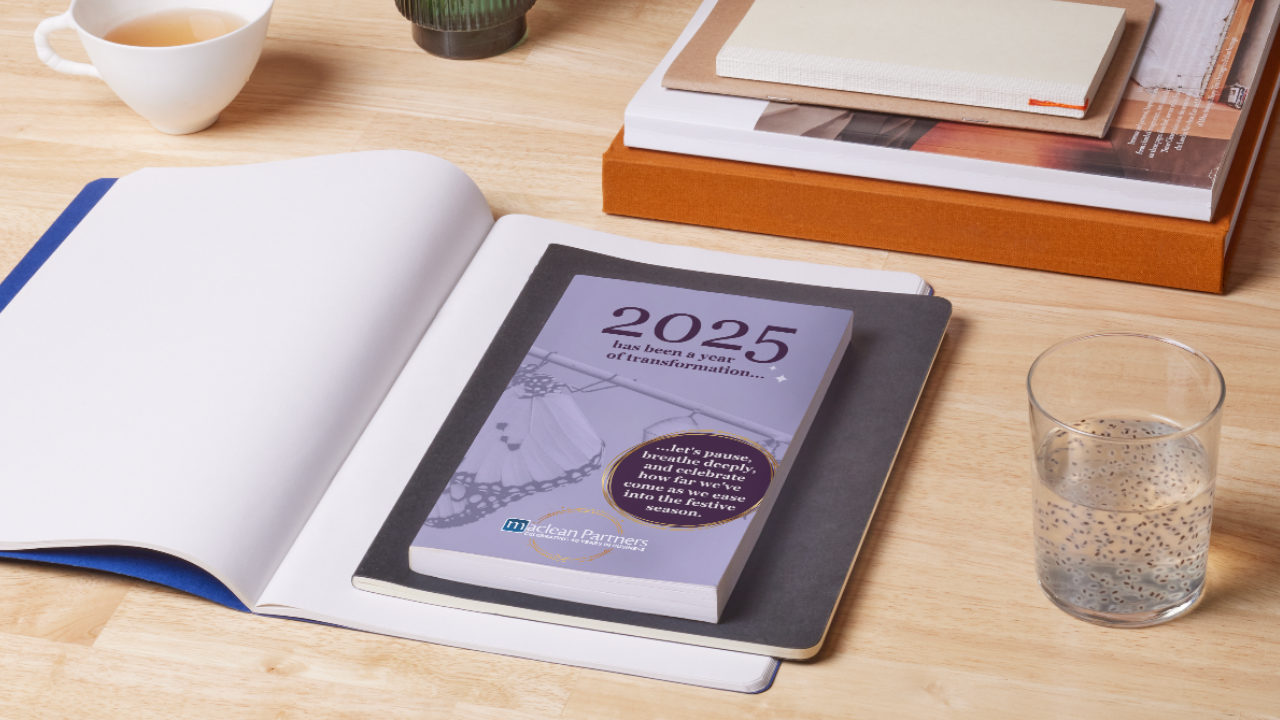Cash vs Accrual Accounting
Cash vs Accrual Accounting - It's all about timing

What are the two methods?
Understanding cash and accrual accounting comes down to timing.
- In a cash-based accounting system you recognise income and expenses when they happen, that is, when the money arrives into or leaves your bank.
- In an accrual-based accounting system, income is recognised at the date the customer is invoiced and expenses are recognised at the date of any bills received. The timing of income and expense reporting is independent of when the money hits or leaves your bank.
Let's have a closer look.
Cash accounting - this method does not recognise accounts receivable or accounts payable. Each Business Activity Statement (BAS) is prepared on money received and spent within the BAS period. Whilst you still have to manage cashflow and planning, the financial activity is more aligned with the business activity.
This simple system makes sense to many small business owners as they are generally operating on a short lead time for bills and invoices. This means you get an immediate snapshot of the money you have in your bank accounts, although you still need to be aware of upcoming liabilities. Remember - Not all the money in your bank is profit! Cash-based accounting is available to businesses with less than $10 million turnover.
Cash accounting requires a good understanding of financial reports to get a true picture of the business financial position. There are many small businesses that have their activity statements prepared on a cash basis, while their tax returns are prepared on an accrual basis.
Accrual accounting - this method does not recognise accounts receivable and payable and is a more complex system suited to larger businesses. Reports are prepared taking into account GST on invoices issued and bills received, regardless of payment.
This method requires a greater understanding of the balance sheet accounts and cashflow planning. The bookkeeping processes and accounting can be more involved, requiring movements to be made to allocate funds to the relevant accounting period. This method is better suited to businesses that allow for longer payment terms, contracts that are paid over time and have large accounts with suppliers.
Accrual accounting actually shows your true financial position when your accounts receivable and payable and other liabilities are kept up-to-date and accurate. This means you know what people owe you and what you owe others, so you can make well-informed business decisions and plan longer-term.
Here's an example:
- Ace Accounting issues a bill to you for services dated 15 June and due to be paid by 15 July.
- If your business is on a cash BAS and you pay the bill on 15 July, this bill is included in the July BAS (or September quarterly BAS), even if you entered it into your accounts dated 15 June.
- If your business is on an accrual BAS, this bill is included in the June BAS, regardless of when you pay the bill.
What's best for your business?
Micro and small businesses are better off with the simpler cash BAS system. However, as a business evolves into a larger more complex entity, even if it has not yet reached the compulsory accrual threshold of $10 million, it can be beneficial to swap to accrual accounting for both BAS and tax returns.
Not sure? We can help you decide whether accrual BAS reporting is right for you.








